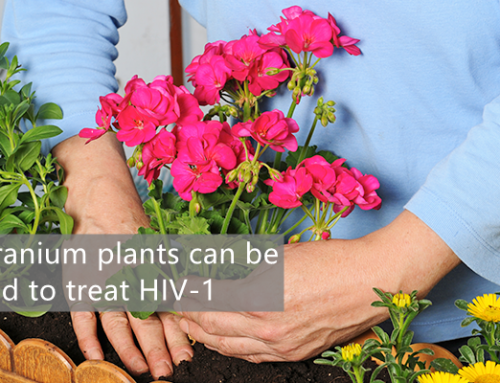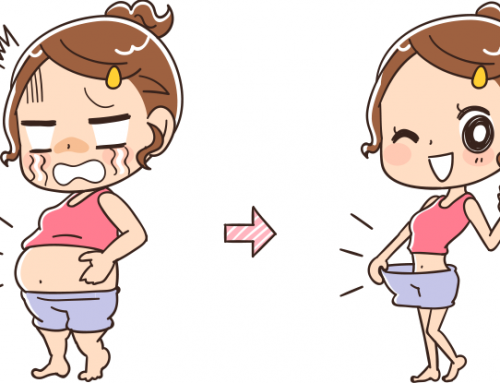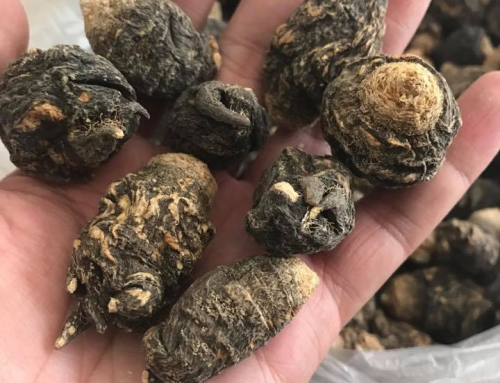BPH, the actual hyperplasia of the prostate gland, develops as a strictly age-related phenomenon in nearly all men, starting at approximately 40 years of age. In fact, the histologic prevalence of BPH, which has been examined in several autopsy studies around the world, is approximately 10% for men in their 30s, 20% for men in their 40s, reaches 50% to 60% for men in their 60s, and is 80% to 90% for men in their 70s and 80s. No doubt, when living long enough, most men will develop some histologic features consistent with BPH.
According to a new report published by Allied Market Research, titled, “Benign Prostatic Hyperplasia Therapeutics Market, by Therapeutics Class and Therapy: Global Opportunity Analysis and Industry Forecast, 2018-2025,” the market was valued at $10,689 million in 2017, and is projected to reach $20,097 million in 2025, registering a CAGR of 8.1% from 2018 to 2025.
At present, there are the following 5 natural ingredients for finished dietary supplements products, which reduce the size of the prostate or ease urinary symptoms effectively.
1.Beta-sitosterol
Beta-sitosterol has been studied on helping men with BPH improve their urinary symptoms and their urine flow measures. Men with prostatitis often experience similar urinary symptoms to BPH. Beta-sitosterol can help men manage prostatitis urinary symptoms such as urinary frequency, urinary urgency, and urine flow. Beta-sitosterol can bind to the prostate to help reduce swelling and inflammation. Knowing how beta-sitosterol works for urinary symptoms can help doctors and CP/CPPS patients apply that information to men with urinary symptoms related to CP/CPPS.
2.Pygeum (African plum extract)
Pygeum is also a popular alternative prostatitis treatment.
A 2014 study found that many prostate herbs, including pygeum, could effectively treat prostatitis. These were even compared to antibiotics. No major differences were noticed between pygeum (and the other herbs) and antibiotics in the study.
Pygeum may help prostatitis due to its anti-inflammatory and urinary benefits. It may help ease prostatitis symptoms similarly to how it helps relieve BPH symptoms. This includes urination frequency, night urination, flow, pain, and inflammation.
3.Saw Palmetto Extract
Several studies have linked saw palmetto to reduced BPH symptoms. This is most likely because it inhibits the production of testosterone and reduces the size of the inner lining of the prostate.
Saw palmetto is one of the most commonly used supplements by men with prostate cancer and BPH. In 2011, over $18 million of saw palmetto was sold in the United States, ranking it third among herbal dietary supplements.
Saw palmetto like many herbs, contains plant-chemicals that may be effective for BPH. Research suggests that saw palmetto has an effect on the level of testosterone in the body and may possibly reduce the amount of an enzyme that promotes the growth of prostate cells.
It also appears saw palmetto has anti-inflammatory properties having a positive influence on the prostate gland. One study has showed that combining saw palmetto with the phytochemical lycopene and the mineral selenium produces an even greater anti-inflammatory effect.
4.Green Tea Extract
Green tea has a lot of antioxidants called catechins that have been shown to enhance the immune system and potentially slow the progression of prostate cancer.
It may also have positive effects on your prostate gland. Its association with prostate health, however, is largely due to research that connects it to protection against prostate cancer, not prostate enlargement. Despite BPH often being talked about in conjunction with prostate cancer, the Prostate Cancer Foundation says that the two are unrelated, and BPH doesn’t increase (or decrease) a man’s risk of prostate cancer. So, does green tea have potential benefits for people living with BPH?
One study did link improved lower urological health with general tea consumption. Men involved in the small study had known or suspected BPH. The study found that men who supplemented with a 500-mg green and black tea blend showed improved urine flow, decreased inflammation, and improvements in quality of life in as little as 6 weeks.
Despite the lack of overwhelming evidence, adding green tea to your diet could have prostate health benefits. It also has known chemoprotective properties in the case of prostate cancer, so green tea is a good choice regardless.
5.Zinc
Zinc is present in all the body’s organs and fluids, but the prostate has a higher concentration than any other tissue except bone. Scientists don’t know why it has so much zinc. Among other functions, though, the metal has a role in regulating the balance between testosterone and dihydrotestosterone, the two male hormones that stimulate the growth of prostate cells, both benign and malignant.
Although normal prostate tissue has lots of zinc, cancerous tissue has much less. That may be the reason zinc is turning up in so many supplements for men.
Zinc tablets on a table that may be a natural remedy for enlarged prostate
Zinc supplements may help to reduce urinary symptoms that are linked to an enlarged prostate.
Chronic zinc deficiencies have been shown to potentially increase the likelihood of developing BPH. Taking zinc supplements, or increasing dietary intake of zinc may help reduce urinary symptoms associated with an enlarged prostate.
Zinc is found in poultry, seafood, and several types of seeds and nuts, such as sesame and pumpkin.






